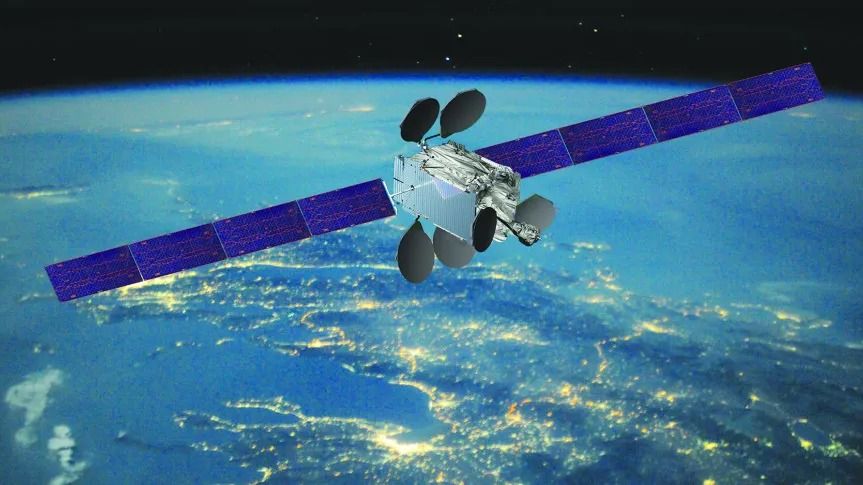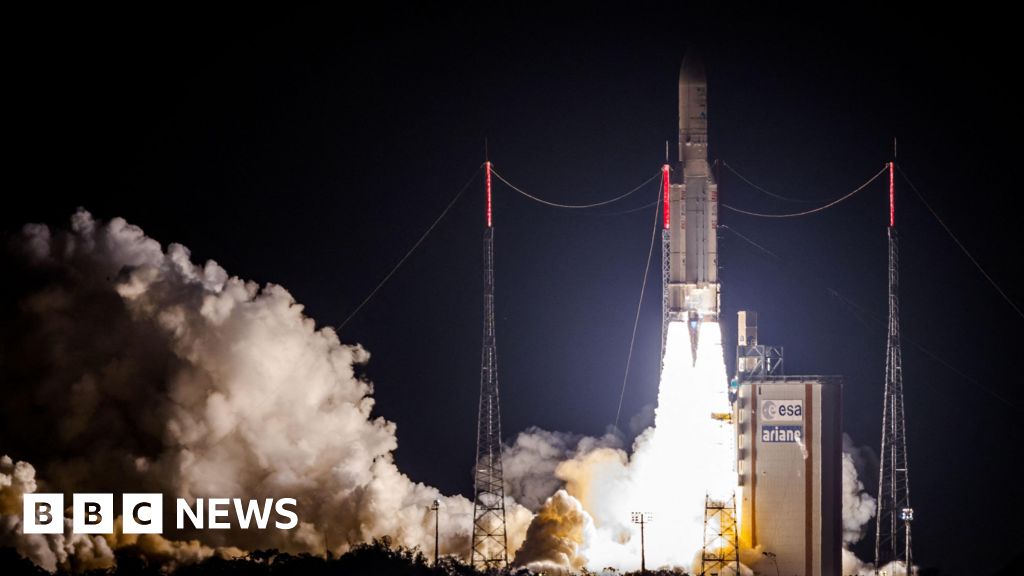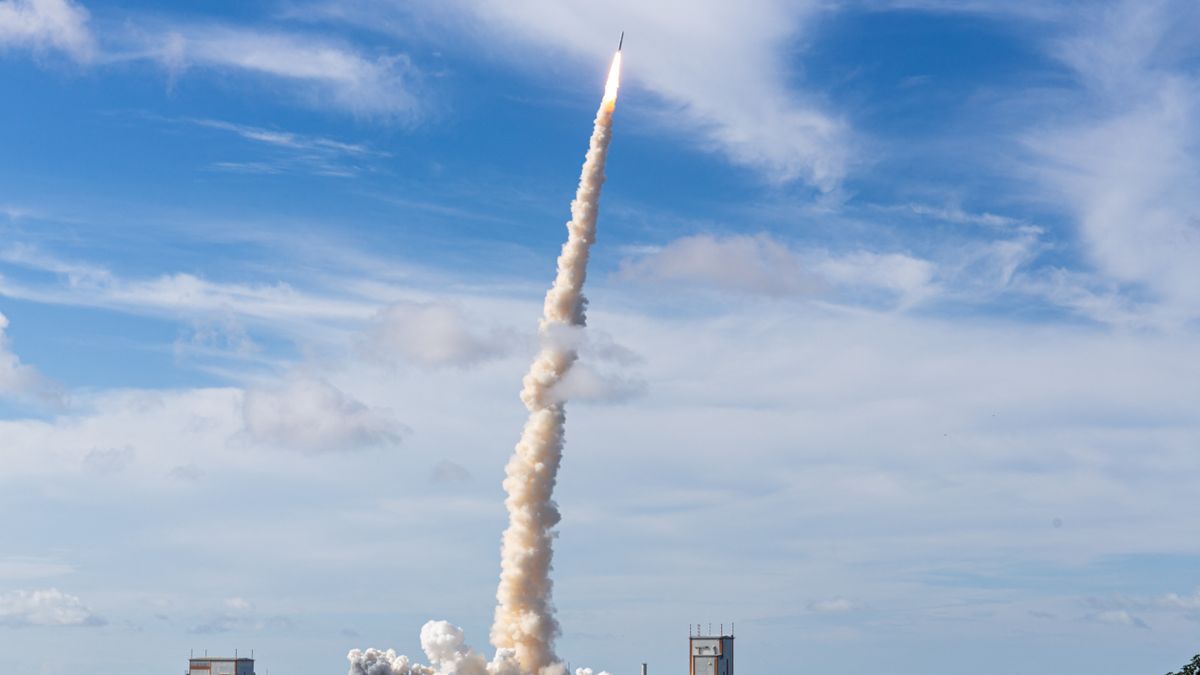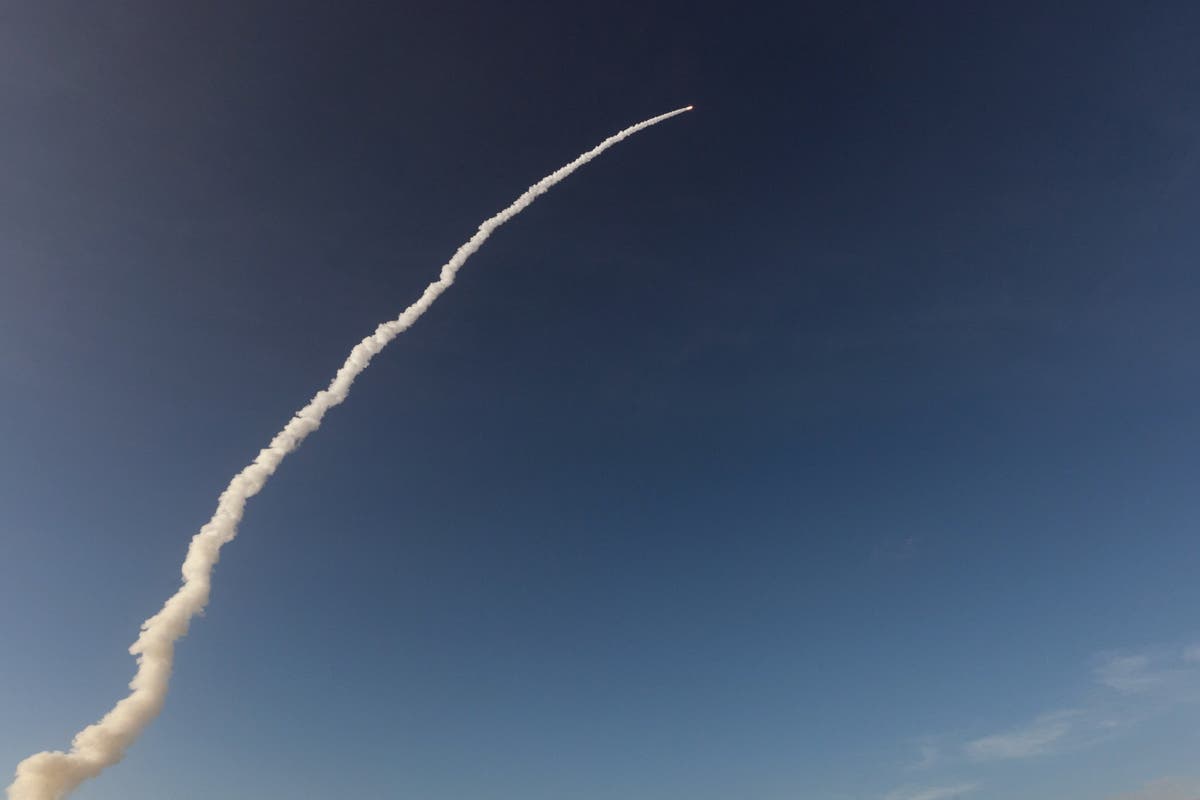According to latest Boeing Satellite news, the Boeing-manufactured Intelsat 33e satellite exploded after experiencing a technical malfunction or anomaly, on October 19, 2024. Efforts were made to work with Boeing to fix the issue, but the satellite was declared a total loss on October 21, 2024.

Also Read: Vast Unveils Haven-1, The World’s First Commercial Space Station
This Boeing satellite news is significant as the satellite had been operational since January 2017, providing essential communications services across Europe, Asia, and Africa.
The satellite was expected to last 15 years but faced problems soon after its launch.
According to latest Boeing Satellite news, After the explosion, the US Space Force reported that the satellite broke into around 20 pieces of space debris. These fragments are being monitored to assess the risks they may pose to other satellites in orbit.
Intelsat, the operator of the satellite confirmed that customers had experienced interruptions to their communications services following the explosion. However, the company has already started working with third-party providers to limit the disruption.
The setback involves a communications satellite, iS-33e designed and built by Boeing, which has broken apart in space.
Intelsat confirmed the total loss of the satellite, affecting telecom and broadcasting services in Europe, Africa and parts of the Asia-Pacific region.
This satellite was critical for maintaining communication services and its failure adds to Boeing’s growing list of operational difficulties in its space programs.
Intelsat has stated that it is working with Boeing and relevant government agencies to conduct an analysis of the incident to understand what caused the satellite to break up in orbit.
According to latest Boeing Satellite news, the US Department of Defense’s space-tracking platform, SpaceTrack has verified the incident and is currently tracking around 20 fragments related to the disintegration of the satellite.
The explosion of this satellite is a concern for Boeing’s space division, already struggling with the Starliner program and its defense contracts.
Adding to Boeing’s troubles is a strike by 33,000 machinists, which has halted production of Boeing’s aircraft for over five weeks. This strike is considered a huge challenge for Boeing’s new CEO, Kelly Ortberg, who took over in August.
The workers, who are members of the International Association of Machinists and Aerospace Workers are set to vote on Wednesday on Boeing’s latest contract offer.
Boeing’s proposal includes a 35% pay raise over four years and a $7,000 ratification bonus. However, the company has been unwilling to meet union demands to reinstate the traditional pension plan, which was frozen over a decade ago.
Despite the offer, many union members remain dissatisfied with the company’s refusal to restore the pension plan.
Some believe that Boeing’s offer does not go far enough, with workers on the picket line advocating for stronger terms including a 40% pay increase over three years to account for inflation and years of stagnant wages.
The strike is having a major impact on Boeing’s ability to produce its aircraft models including the 737 Max, which is critical to Boeing’s financial recovery.
The inability to end the strike has kept the production lines frozen, delaying deliveries and affecting Boeing’s ability to meet customer orders.
Boeing’s financial struggles continue to deepen as it is expected to report a third-quarter loss. Analysts estimate that the company will announce a loss of approximately $6 billion for the quarter.
This loss includes $3 billion in charges related to its commercial airline division, which has been struggling to recover post-pandemic and $2 billion in losses from its defense and space programs.
The company’s defense and space programs have been facing challenges including the Starliner program, which is still grounded after a series of issues.
Two astronauts who arrived at the International Space Station in June aboard Boeing’s Starliner capsule remain stranded, as the spacecraft is considered unfit for a return trip.
NASA has had to make alternative arrangements for the astronauts to return to Earth on a SpaceX spacecraft next year.
Also Read: Richard Branson News: Richard Branson to Co-Pilot Space Balloon
Boeing has not turned a profit since 2018. The company has already announced large-scale layoffs and is seeking to raise up to $35 billion in new funding to avoid bankruptcy.
The satellite loss and issues with its other aerospace programs are expected to weigh heavily on investor confidence as Boeing attempts to manage its financial stability.
Boeing’s new CEO, Kelly Ortberg is facing an uphill battle as he tries to steer the company through this difficult period.
Kelly Ortberg, who previously led Rockwell Collins, a maker of avionics and flight control systems is now tasked with addressing Boeing’s multifaceted problems.
Kelly Ortberg has already announced cost-cutting measures including the layoff of 17,000 employees, roughly 10% of Boeing’s total workforce.
One of Kelly Ortberg’s challenges is restoring investor confidence in the company’s safety culture, which has been severely damaged by the 737 Max crashes that led to a global grounding of the aircraft.
In addition to its operational and financial challenges, Boeing is also facing legal and regulatory issues. In July, Boeing agreed to plead guilty to charges of criminal fraud conspiracy, stemming from the 737 Max accidents that resulted in the deaths of 346 people.
The Boeing satellite news about this explosion is not the first issue Intelsat 33e has encountered. The satellite had been plagued by technical problems since its launch.
Shortly after it was deployed, the satellite faced issues with its primary thruster, which delayed its entry into service by several months.
Another propulsion problem occurred in 2017, reducing the satellite’s expected lifespan by 3.5 years.
Boeing has been under scrutiny for several failures in recent years. The loss of Intelsat 33e adds to a growing list of issues with Boeing-made products including the problematic Starliner spacecraft and the 737 MAX airliner crashes.
Earlier in 2024, Boeing also faced scrutiny for another satellite failure, the loss of the Intelsat 29e satellite, which occurred in 2019.
Also Read: Scientists Discover Animal Ecosystem Thriving Beneath the Seafloor





